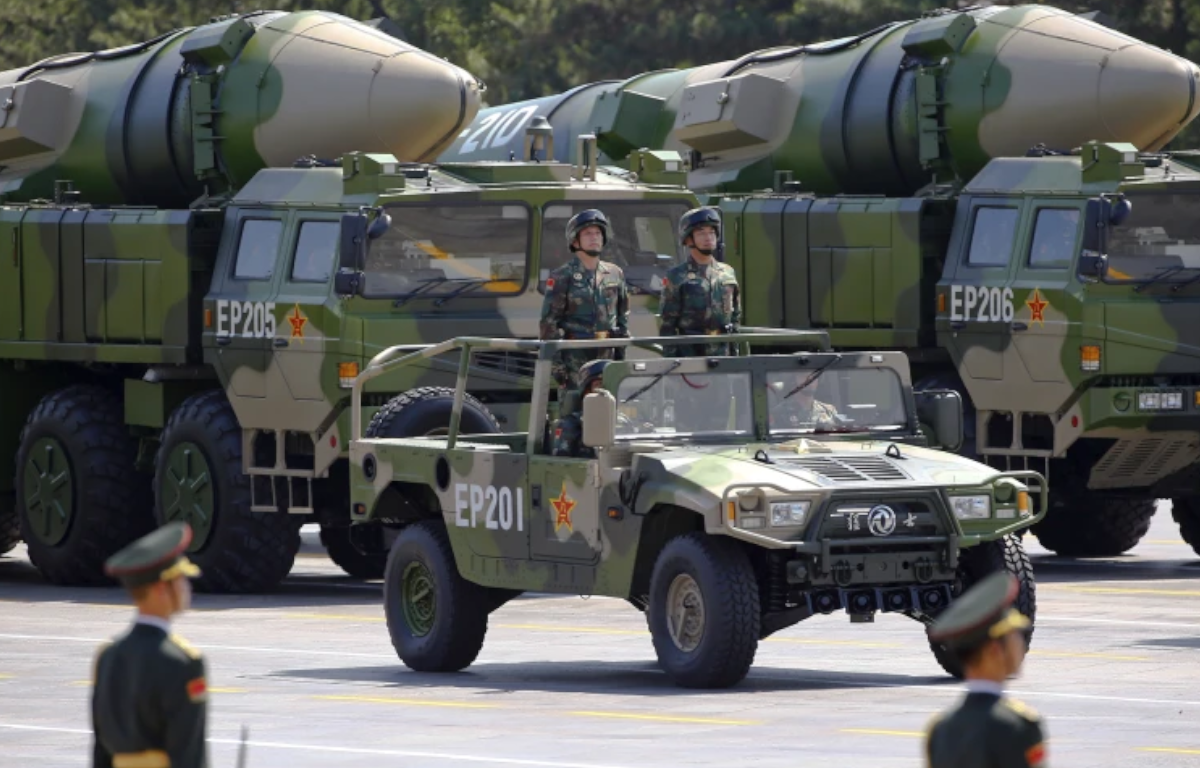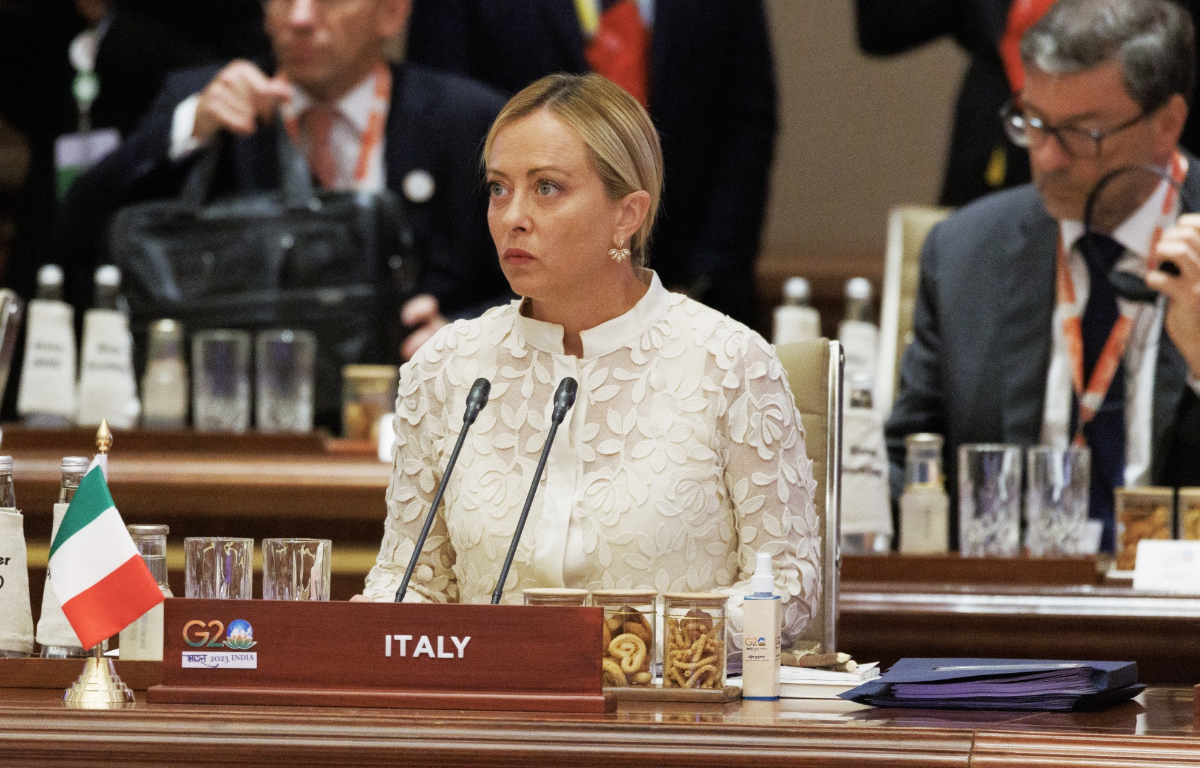
The relationship between China and Africa has deep historical roots, often rooted in economic cooperation, infrastructure development, and trade. In this context, China’s investments in African nations have contributed to infrastructural development and economic growth. However, concerns have been raised about the underlying intentions of China’s involvement in the continent.
Reports suggest that China, particularly through its government agencies and affiliated organizations, has been involved in running a training school for authoritarianism in Tanzania. This initiative purportedly includes training programs for government officials, law enforcement personnel, and other key figures, focusing on techniques to maintain control, suppress dissent, and manage political opposition. While these allegations are concerning, they also highlight the need for deeper scrutiny into the extent and nature of China’s involvement in the domestic affairs of its African partners.
The alleged training school in Tanzania sheds light on the concerning global trend of the resurgence of authoritarianism. As democracies face challenges, authoritarian regimes are finding new ways to maintain power and control. The training of foreign officials in these tactics raises alarm bells about the potential diffusion of authoritarian practices across international borders.
For Tanzania, a nation with a complex political history, the alleged training school raises critical questions about the trajectory of its democracy and governance. If these reports hold true, it suggests a potential erosion of democratic values and human rights. The repercussions could be felt across the Tanzanian society, impacting freedom of expression, civil liberties, and political participation.
The reported training school has broader international implications, as it highlights how China’s influence might extend beyond economic ties. As authoritarian practices potentially cross borders, they could pose challenges to global democratic norms and the principles that underpin international relations. This situation prompts a reconsideration of the balance between economic engagement and upholding democratic values in international partnerships.
At the heart of the matter lies the importance of transparency and accountability. Both China and Tanzania should address these allegations openly and honestly. Transparency not only ensures that the public is well-informed but also helps maintain the integrity of international relationships.









Share this: